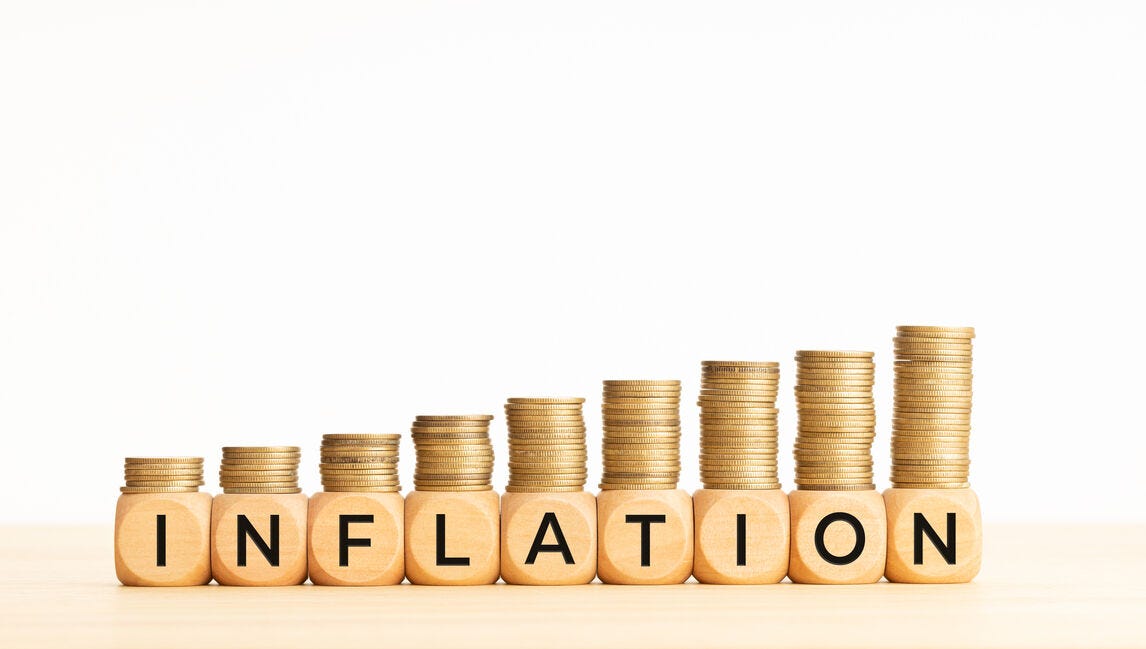Discover Your Path to Financial Success! Kick-start your journey with a personalized touch – Let's chat! Click here to get in touch!
Your thoughts matter! Share your feedback on the content in the comments below.
Inflation is often presented through objective data points—such as the Consumer Price Index (CPI), year-over-year comparisons, and central bank policy responses. While these metrics are essential for macroeconomic analysis, they overlook a crucial dimension: the subjective and emotional experience of inflation. For investors, understanding how inflation is perceived—not just how it is measured—can be just as critical to anticipating market behavior and consumer trends.
The Psychology of Inflation: A Behavioral Economics Lens
Behavioral economics, which examines how people make decisions under uncertainty, reveals that inflation impacts individuals in deeply psychological ways. Consumers do not passively absorb higher prices by simply recalculating budgets. Instead, they react through a prism of memory, emotion, expectation, and bias—each of which can distort rational behavior and amplify volatility in both personal finances and broader markets.
Cognitive Biases That Distort Inflation Perception
Several well-established psychological biases shape how people interpret rising prices:
Loss Aversion
The tendency to feel the pain of losing something more intensely than the satisfaction of gaining something of equal value. In the context of inflation, when consumers notice that their usual grocery list now costs 20% more than it did a year ago, the emotional weight of that price increase can outweigh any nominal salary adjustment.
Anchoring Bias
People tend to form strong mental associations with price levels, especially for frequently purchased items. If a consumer has paid $2.50 for a loaf of bread for several years, a sudden increase to $3.25 feels unreasonable—even if the increase is proportionally modest. The previously "anchored" price becomes a benchmark, and any deviation from it is viewed as a loss, regardless of whether it aligns with general economic trends.
Availability
Individuals tend to recall extreme examples more easily. They may fixate on rising fuel or rent costs while overlooking price declines in other sectors, like electronics or clothing. This selective memory leads to a skewed perception of overall inflation, affecting consumer confidence and spending patterns.





